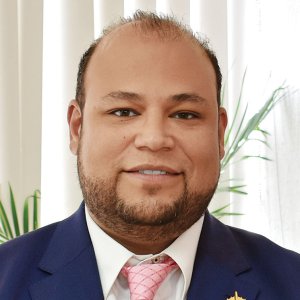
Centa – Research And Innovation
The National Center for Aeronautic Technologies (CENTA), to be inaugurated in November 2017, is a research center aimed at boosting training, research, innovation, technology transference and competitiveness in the aerospace sector.
Located on a 4.5ha plot inside Queretaro Aerospace Park, right next to AIQ, Bombardier, Safran, Daher and PCC Aerostructures, CENTA is in a strategic position to support the development of Queretaro’s and Mexico’s aerospace industries by providing high-level services to local companies, training graduate-level aerospace professionals and creating knowledge.
CENTA’s first stage required an initial investment of MX$120 million, including the construction and equipping of a 1,500m2 materials laboratory and a 1,200m2 office building. Its first stage will employ around 50 people, including chemical, mechanical, aeronautic, mechatronics, control, materials and systems engineers, physicists and technicians who will be trained in foreign universities at master’s and doctorate levels.
According to Felipe Rubio, Leader of the CENTA project and Deputy Director for CIDESI, “CENTA will operate as a consortium comprising eight centers with complimentary capabilities, enabling access to more than 70 collaborating laboratories all over the country.” These research centers include CIDESI, CIDETEQ, CIATEQ, COMIMSA, CIMAV and INAOE. Each of these centers specializes in an area useful to the aerospace industry, such as astrophysics, optics, electronics, material resistance and electrochemistry.
In its first stage, CENTA will offer machining, assembling, maintenance and repair processes. As it consolidates, aerostructure services for metallic materials, advanced alloys and composite materials will be offered. At a more advanced stage, it will address engine noise emissions, external and internal aerodynamics and flight sciences.
Rubio says CENTA has collaboration agreements with several Mexican universities and is looking for support in its activities with foreign research centers and R&D branches of established and to-be-established aerospace companies. It also recently started a business-incubation program that will connect research with business centers to start generating real applications as soon as possible. Once this fourth and last stage is completed, which is expected around 2026, CENTA will have another four buildings and actively employ 250 people, including 50 researchers.



















